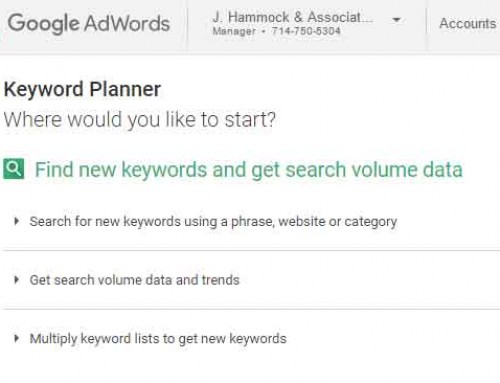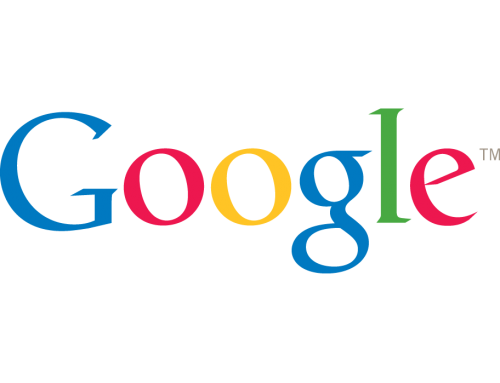Recommended Monthly Search Engine Optimization Package
On-Page SEO
On-Page SEO is that which you can do on your website. SEO works backwards from your goals. Here’s how it work:
- Identify key goals. What makes you money? What has the potential to make you money? What do your customers need? What need is not being sufficiently addressed by the marketplace. These are a few factors in goal setting.
- Identify what people are searching for. For these goals, how do people search for what they need on a search engine? Everything works backwards from what people are searching for. Let me repeat that, Everything works backwards from what people are searching for. These become your keywords or key phrases. This is an old-school Marketing 101 concept, merely framed within the context of the World Wide Web.
- Create content and website structure that gives search engines maximum confidence that your page(s) are about these keywords. Creating this content requires regular client updates such as
- New customers
- Testimonials
- Case studies
- Summary of work performed, and so on.
- (We email the client bi-weekly asking for these updates. No client is disciplined enough to remember to provide it on a regular basis. )
- Add keywords to menu links. (Very important!!!)
- Monitor results bi-weekly and adjust as necessary. Adjust as search engines change their algorithms.
Off-Page SEO
Off-Page SEO is that what you can do on other sites to boost the ranking of your website. The biggest component of this is link building. Here’s how it works:
- Research directories, blogs, and forums (also known as bulletin boards for discussion groups) that are relevant to those keywords that people are searching for.
- Engage in discussions and link back to most relevant pages.
It is important to ease into this. An overly aggressive link building campaign may be flagged by the search engines as an artificial link-building campaign. At first, 75% of the time is spent researching appropriate sites and 25% is spent posting. As time goes on, the time allocated to posting grows.
Some Off-Page SEO Strategies We Use
Forum Signature Linking
Forum signature linking is a technique used to build backlinks to a website. This is the process of using forum communities that allow outbound hyperlinks in a member’s signature. This can be a fast method to build up inbound links to a website Search Engine Optimization value.
Blog Commenting
Leaving a comment on a blog can result in a relevant do-follow link to the individual’s website. Most blog comments get clicked on by the readers of the blog if the comment is well-thought-out and pertains to the discussion of the other commenters and the post on the blog.
Classifieds Submissions
If your website category is related to classified categories you should also post classified ads on various classified websites for extra dose of off page SEO.
Social Bookmarking
Social bookmarking is a way of saving and categorizing web pages in a public location, on the web. Because bookmarks have anchor text and are shared and stored publicly, they are scanned by search engine crawlers and have search engine optimization value.
Questions and Answers
Try to find out some questions and answer website that has some topics related to your website. You can search question on Yahoo Answer and post questions and answers related to your website’s content and posts.
Business and Local Listing
Add your business websites to business and local listing websites for off page benefits. Post good quality unique information about your website on local listing pages it will optimize your website and provide you good backlinks.
Social Networking
Social networking or social media marketing is the best way of off page optimization. The top social media channels you you can use are Google Plus, Facebook, Twitter, Pinterest and LinkedIn.
Deliverable: Reports every two weeks of the number of inbound links tracked by the search engines.




Leave A Comment
You must be logged in to post a comment.